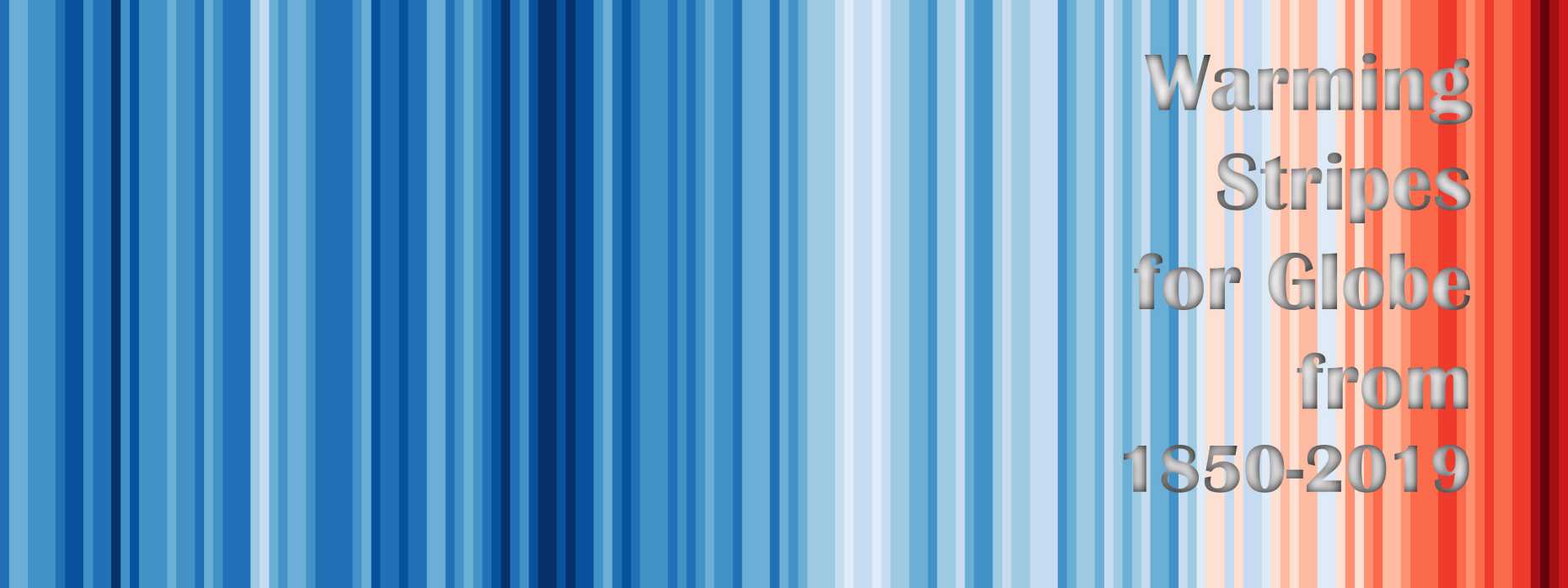Our future, our scope of action
How can members of the Department of Physics contribute to a reduction of CO₂ emissions? How is successful research and teaching possible without advancing global warming? Since spring 2020, the CO₂ working group headed by Professor Niklas Beisert has discussed these questions and proposed suitable measures.
Research leaves no doubt
For a long time, and thanks to sophisticated models, research has established with ever-greater accuracy and certainty that global warming is largely caused by human activity. To prevent immeasurable damage to nature and society, humankind must act quickly and decisively. However, science takes on a dual role in climate change: on the one hand, it provides the basis for a detailed understanding of the Earth's climate. On the other hand, it causes detrimental CO2 emissions itself — like many other areas of life and work.
We can make a difference
It is evident that the climate crisis will change the way we conduct research, science and education. The future development of our research is one of our tasks, and we should codetermine it such that, in the long run, our work can and will be carried out in a sustainable way. It is up to all of us to take on responsibility and to act accordingly in our daily environment.
Taskforce
The working group, consisting of departmental members from all institutes and levels, met in spring and summer 2020 to discuss the climate impact of our operations and to develop ideas for a sustainable mode of research in the department. Key aspects are listed in the next section. In particular, videoconferencing tools will assist in reducing the need to travel. Even more, they will enable access to the research community in cases where travel would be difficult or even impossible due to family commitments, financial conditions or unfavourable political circumstances.

Results and measures
The result of this work is a detailed Download report (PDF, 510 KB) with a catalogue of measures, which was endorsed by 85% of the votes cast at the Department conference on 2 October 2020. The members of the Department of Physics will now gradually implement the measures developed:
- Our own conferences and workshops will be held at least in a semi-virtual mode in the future. This will allow participants and speakers to attend the event without having to travel. This will not only require fewer financial resources and broaden participation opportunities, but it will also provide us with valuable experience to raise the standard of scientific exchange and personal interaction at virtual events to a level comparable to established face-to-face events.
- For international conferences, especially when they take place on other continents, we consider participation via videoconferencing tools as a viable alternative that effectively avoids CO₂ emissions.
- Department members travel by train to conferences at nearby European countries.
- Online tools will assist in planning travel and balancing ecological and economic interests.
- We gain experience in the field of sustainability and we engage in networking at ETH Zurich and in the international scientific community to develop further ideas and to put them into practice.
- The research groups will initiate and implement further measures, taking their individual circumstances into account. Please share the experience gained by e-mail to so that it can be used to benefit the community on the associated website.
Feedback, resources and links
- The page Towards Sustainability provides an overview of the results of the working group and further developments. Here you will find links to the D-PHYS wiki on CO₂ and sustainability which serves as an active resource for exchanging ideas on sustainability. Furthermore, there is the option to subscribe to a mailing list on sustainability topics.
- Report of the CO₂ working group Download “Towards Sustainability in Research at D-PHYS/ETH Zurich” (PDF, 510 KB).
The report illustrates the status quo at the Department, describes our CO₂ reduction targets and proposes concrete actions. - The tool external page routeRANK supports travel planning with aspects of sustainability.
- You are invited to report on the measures taken. Please send your feedback to . Noteworthy items can be published on the D-PHYS website “Towards Sustainability”.
